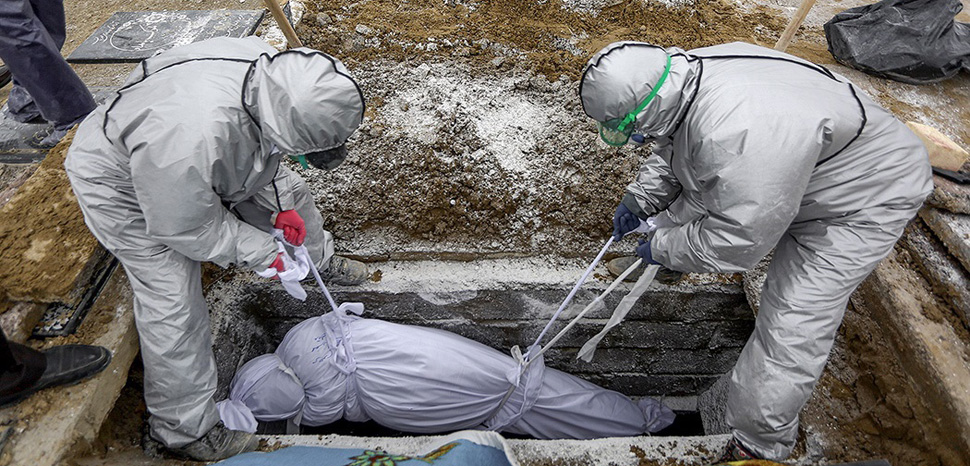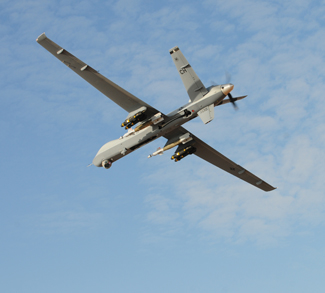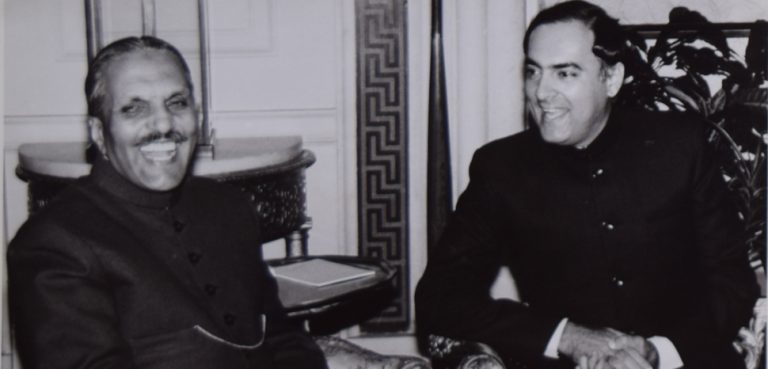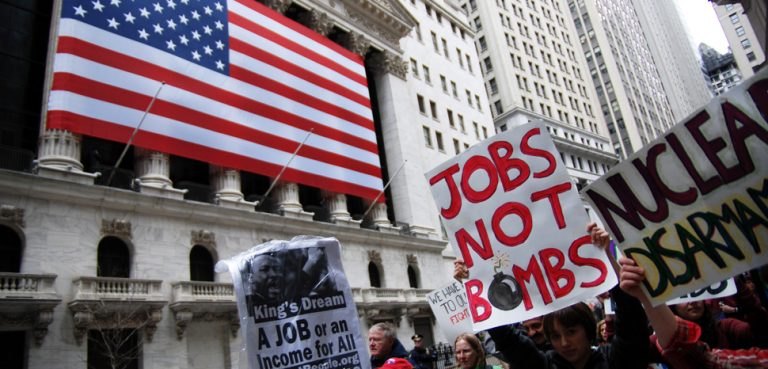The Kurdish people, who number some 40 million across Turkey, Iran, Iraq, and Syria, are diverse in language, culture, religion, and politics. They are, however, united by the experience of suffering from systematic exclusion and oppression in their respective countries. The COVID-19 crisis is further amplifying this long-standing trend and highlighting the need for international action against egregious violations of Kurdish rights and freedoms.
In the Islamic Republic of Iran, which has a Kurdish population of roughly around 8 million, the community has never fully enjoyed the rights afforded to the country’s Persian majority. In theory, Iran’s constitution ensures protections for minority rights and languages. In practice, however, Iran’s minority communities — despite comprising nearly half the Iranian population — face discriminatory and often brutal treatment at the hands of the regime. This is especially true for Iran’s Kurds, as Tehran believes they hold separatist sentiments and are insufficiently loyal to the regime. Rather than codifying explicit anti-Kurdish laws, as has previously happened in Turkey, Syria, and pre-2003 Iraq, the regime instead engages in extrajudicial and arbitrary repression of the Kurdish population.
This repression has increased in recent years. In 2015, riots erupted in the city of Mahabad after an ethnically-Persian member of the Islamic Revolutionary Guard Corps (IRGC) raped and murdered a Kurdish woman. Police killed six protestors and the regime subsequently executed 84 Kurds accused of supporting the protests. Subsequently, during the response to Iran’s November 2019 anti-regime protests, regime forces disproportionately targeted Kurdish protesters. According to some reports, Kurds comprised the majority of the 1,500 Iranians killed amid the regime crackdown. Furthermore, imprisoned Kurds are subjected to disproportionate punishment. A study conducted by the Hengaw Organization for Human Rights pointed out that Iranian Kurds accounted for 28 percent of those subjected to the death penalty by the Iranian regime in 2018. Consequently, Iranian Kurds accounted for 10 percent of total executions worldwide that year.
It should thus come as no surprise that Iranian Kurds have the highest fatality rate in a country that is already ravaged by the pandemic. As reported by the Iraqi-Kurdish news outlet Rudaw, the COVID-19 fatality rate in Iran’s Kurdistan Province is 12.62 percent. This is the highest rate in the country and almost double the 6.8 percent average for the rest of Iran’s provinces. This discrepancy stems in part from the dire state of healthcare infrastructure in Iran’s Kurdish-majority provinces. Scholar Ramin Jabbarli and FDD senior advisor Brenda Shaffer estimate that Iran’s Kurdish provinces have an average of just 143 hospital beds for every 100,000 people, whereas Persian-majority provinces average over 200.
The Kurdish community of Turkey, which at 15 million makes up nearly 20 percent of the country, has experienced systematic oppression in a different way. Turkish Kurds have struggled for official recognition of their cultural and political rights since the foundation of the Turkish Republic in 1923. By the 1980s, the situation became so unsustainable that it saw the rise of the militant guerilla Kurdistan Workers’ Party (PKK) and its armed insurgency against the Turkish state. The subsequent conflict has since claimed over 40,000 lives.
While Turkey removed much of its anti-Kurdish legislation in an effort to join the European Union in the 2000s, President Recep Tayyip Erdogan has since walked back many of the reforms. He has jailed scores of elected Kurdish officials, leading many Kurds to believe that genuine political participation is not possible in Turkey. The Turkish president’s strategy of restricting democratic space is likely to boost support for the PKK and other militant groups.
While the COVID-19 crisis in Turkey has not affected Kurds as disproportionally as in Iran, the government has used the pandemic to distract from a major crackdown on members of the Kurdish-led Peoples’ Democratic Party (HDP). While Erdogan has a record of targeting HDP politicians, his actions in the last two months have been unprecedented. He has ramped up his removal of HDP mayors – as of now, 45 out of the 69 mayors in the Kurdish-majority region of southeastern Turkey that were elected in the 2019 municipal elections have been removed. The unsubstantiated justifications play into old Kurdish stereotypes in the region, such as “membership of a terrorist organization” and “propagandizing for a terrorist organization.”
The silence by the international community in regard to Ankara and Tehran’s oppression of Kurds must not continue. Kurdish power on its own is limited. The Kurds have no independent representation in the United Nations by which they can assert themselves. With the exception of the autonomous (yet internationally-unrecognized) region of Iraqi Kurdistan, they have no political entity of their own where they can be free from ethnic discrimination and repression. Therefore, when Turkey and Iran subject their Kurdish citizens to brutality and neglect, it should be met with strong and consistent condemnation by Washington and its allies. Global Magnitsky Sanctions should be employed to warn those Turkish and Iranian officials who abuse their Kurdish minorities that their actions will have consequences. Rather than continue to lament the suffering of Kurds, the international community should take concrete action to protect one of the world’s most vulnerable communities.
The views expressed in this article belong to the author alone and do not necessarily reflect those of Geopoliticalmonitor.com or any institutions with which the author is associated.




